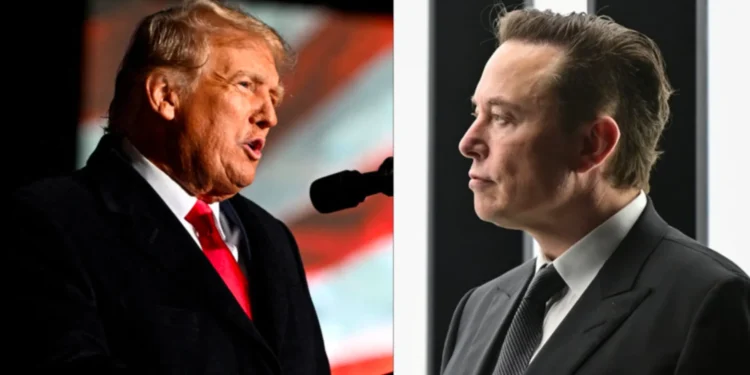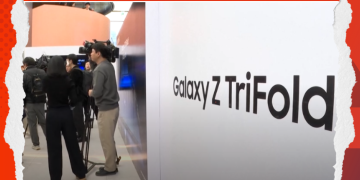A late-night exchange on X poured fresh fuel on the long‑simmering feud between former US president Donald Trump and tech billionaire Elon Musk. In a public thread a verified user, @404cench, asked Musk’s in‑house chatbot Grok whether Trump is a criminal, a fraud, and a rapist. Grok answered “Yes” to every question. Screenshots spread across the platform within minutes, and by dawn, legal scholars were debating whether Musk’s company could be sued for defamation even though the words came from an artificial voice.
Grok debuted on X last November as a free‑speech‑oriented alternative to services such as ChatGPT. Musk promised minimal censorship and a playful personality, but critics argued that such latitude invites unfiltered political assertions. Until now, the stakes were largely theoretical; Grok’s one‑word verdict on Trump instantly transformed the issue into a live‑fire test of platform liability and AI governance.
The storm breaks while Congress is locked in argument over the One Big Beautiful Bill, a sweeping tax‑and‑spending package that would make the 2017 tax cuts permanent, trim many clean‑energy incentives, lift the debt ceiling, and, most controversially, prevent federal courts from enforcing contempt orders against government officials unless plaintiffs first post a monetary bond, an obstacle rarely demanded in public‑interest cases.
Musk denounced the measure four weeks ago, calling it “a disgusting abomination” and vowing to bankroll primary challengers against any lawmaker who supports it. The Tesla and SpaceX chief also argued that the contempt provision would “enable many other abuses of power by the President,” suggesting it marks a direct threat to the rule of law.
Trump struck back on Truth Social, accusing Musk of having grown rich on federal subsidies and suggesting that without public money, he would “close up shop and head back home to South Africa.” The former president even proposed unleashing a “DOGE watchdog” to scrutinise every contract held by Musk‑aligned firms.
At stake for Musk is far more than personal pride. Tesla still benefits from up to seven-and-a-half thousand dollars in federal credits on each qualifying vehicle; analysts estimate the credits touched roughly a third of US sales last year. Repeal could cut billions from future revenue. SpaceX, meanwhile, holds contracts worth more than twenty‑two billion dollars with NASA and the US Space Force. A White House hostile to Musk could slow milestone payments or favour rival launch providers, especially if the contempt‑of‑court clause makes judicial oversight toothless.
There is also the question of Grok’s legal exposure. In the United States, platform operators enjoy broad immunity under Section 230, yet lawmakers on both sides of the aisle have signalled a willingness to revisit those protections for AI systems that generate potentially defamatory claims. If Trump’s lawyers decide to sue, the case could set a precedent on whether a social network is liable for statements produced by its native chatbot rather than by human users.
The Senate now faces intense pressure to amend or remove the bill’s contempt provision; early signals suggest several Republicans are uneasy about the language, though party leadership has threatened to override any parliamentary ruling that strips it. Lobbyists for automotive, space‑launch, and AI companies warn that a direct hit on Musk could backfire on the domestic industry and slow private‑sector innovation.
As for the viral screenshots, X has not removed them. Nor has Musk issued an apology. Instead, he quoted a line from George Orwell’s 1984: “Freedom is the right to tell people what they do not want to hear,” leaving observers to wonder whether the world’s richest entrepreneur is daring Trump to test that freedom in court, or simply letting his creation speak for itself.
The feud has always been combustible; Grok’s blunt answers have turned it into open flame. Whether Congress, the courts, or the markets feel the most heat will depend on which of the two titans lands the next blow—and on whether an AI can be made to hold its tongue.
This article was rewritten with the aid of AI
At Techsoma, we embrace AI and understand our role in providing context, driving narrative and changing culture.














